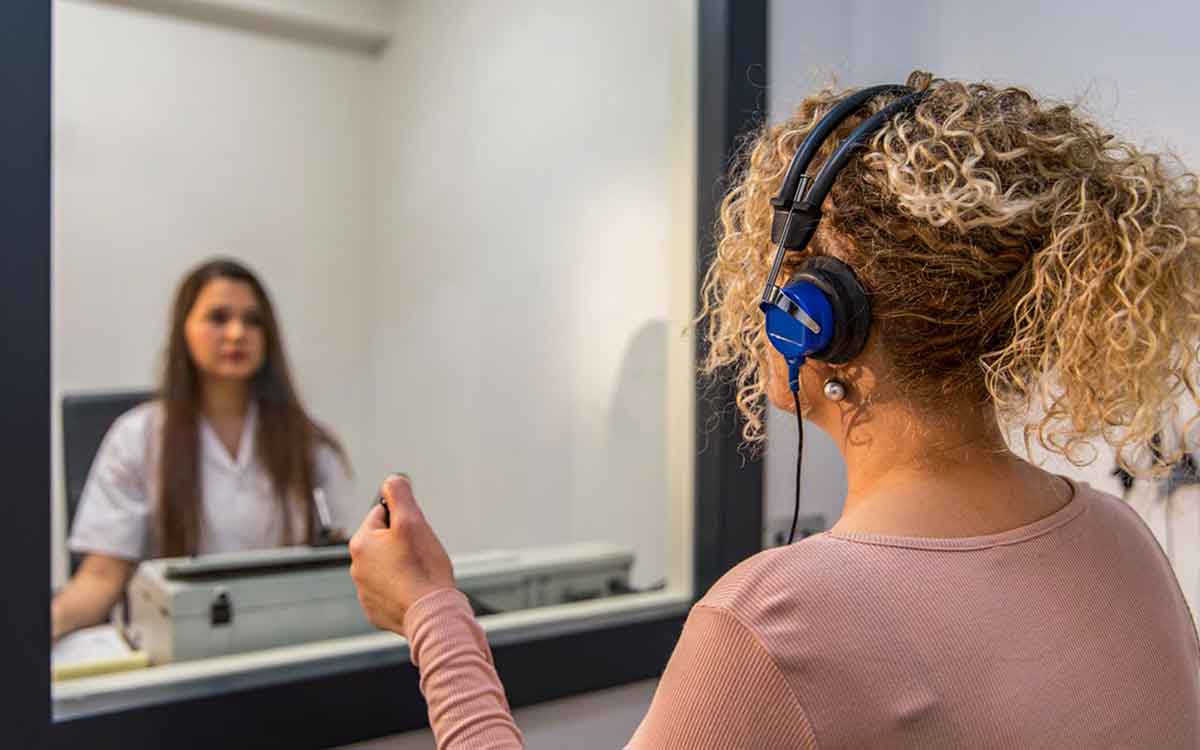
At what point should you consider getting your hearing assessed? Here are several indications you should have your hearing assessed.
Recently, my children expressed discontent with the loud volume of the TV. Do you want to know what I said to them? I said, “What?!” It was meant to be humorous. But it also wasn’t. The television has been getting louder and louder. And I started to question whether I should schedule a hearing test.
There’s no good reason to avoid scheduling a hearing test. They aren’t invasive, there’s no radiation, and you don’t have to worry about discomfort. Simply take a quick moment to book an appointment.
Thinking about how much untreated hearing loss can affect your health, it’s important to be more vigilant about it.
Signs you should get a hearing exam
If you’ve recently noticed any symptoms of hearing loss, it’s most likely a good idea to get a professional hearing assessment. Clearly, if things are hard to hear, that’s a rather solid indication of hearing loss.
- It’s hard to hear in noisy places: Have you ever been to a crowded or noisy space and had difficulty keeping up with the conversation because of all the ambient noise? That might be an indication of hearing loss.
- It sounds like everybody’s mumbling all the time: Sometimes it’s not loss of volume you need to worry about, it’s a loss of definition.
- You often overlook text messages: Your phone is designed to be loud. If you routinely fail to observe incoming calls or texts, the issue may be that you’re not able to hear them.
- Ringing that won’t go away: Ringing in your ears, also called tinnitus, is typically an indication of hearing damage.
Here are some other situations that indicate you should schedule a hearing screening:
- Your ear hasn’t cleared after an infection
- You have a buildup of earwax you can’t remove on your own
- Medicines you’re taking might be damaging your hearing
- It is hard to identify the source of sounds
- You have vertigo
Routine checkups
Even if you’re not observing any noticeable symptoms, it’s still important to schedule regular hearing tests.
- It is encouraged to have a baseline test completed after reaching the age of 21.
- If your hearing is normal, get hearing assessments every three years.
- If you display symptoms of hearing impairment, have it checked immediately and then annually thereafter.
Regular screenings might identify hearing loss early, before any warning signs are noticeable. The earlier you seek treatment, the better you’ll be able to preserve your hearing over time. This means you should probably turn your TV down and set up a hearing test.